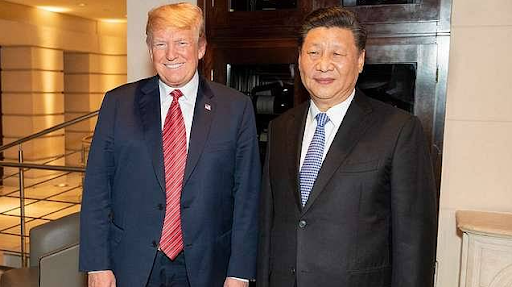Concerns are mounting that Taiwan’s sovereignty is becoming a bargaining chip in U.S.-China negotiations, as the Trump administration considers a request from Beijing to formally “oppose” the island’s independence. This demand represents a significant departure from the established U.S. policy of simply “not supporting” independence and has sparked fears of a major concession to China.
The request comes at a sensitive time, with President Trump and Chinese leader Xi Jinping engaged in complex trade talks and preparing for an upcoming summit. An administration official confirmed the demand is one of many from the Chinese side under consideration, reinforcing the perception that long-standing diplomatic principles are on the negotiating table alongside tariffs and technology.
This move by Beijing is a calculated effort to undermine Taiwan’s international standing. By securing a stronger statement from the U.S., China would deal a heavy blow to Taiwan’s ruling Democratic Progressive Party and bolster its claim over the self-governing island. The U.S. has, since the 1970s, walked a fine line with its “One-China policy,” a stance that this new language would severely compromise.
The Trump administration’s unpredictability adds to the uncertainty. The president has previously suggested that Taiwan should pay more for U.S. protection and has shown a willingness to reverse established policies abruptly. This has unnerved officials in both Washington and Taipei, who worry that a deal with Beijing could come at Taiwan’s expense.
Former officials are urging the administration to stand firm. Sarah Beran, who previously handled China and Taiwan issues at the National Security Council, stated that Washington should set a “high bar for a change like this.” She proposed demanding a verifiable reduction in Chinese military intimidation of Taiwan as a condition, turning Beijing’s diplomatic gambit into an opportunity to enhance regional peace.

